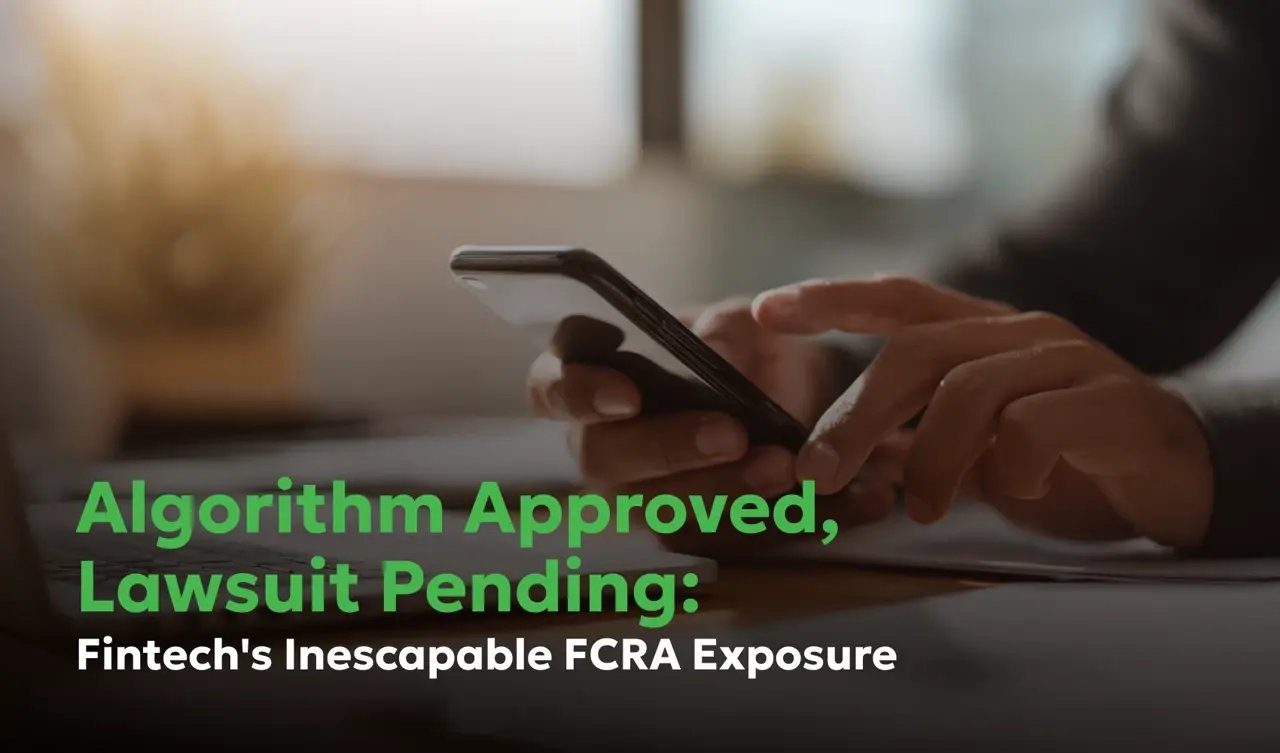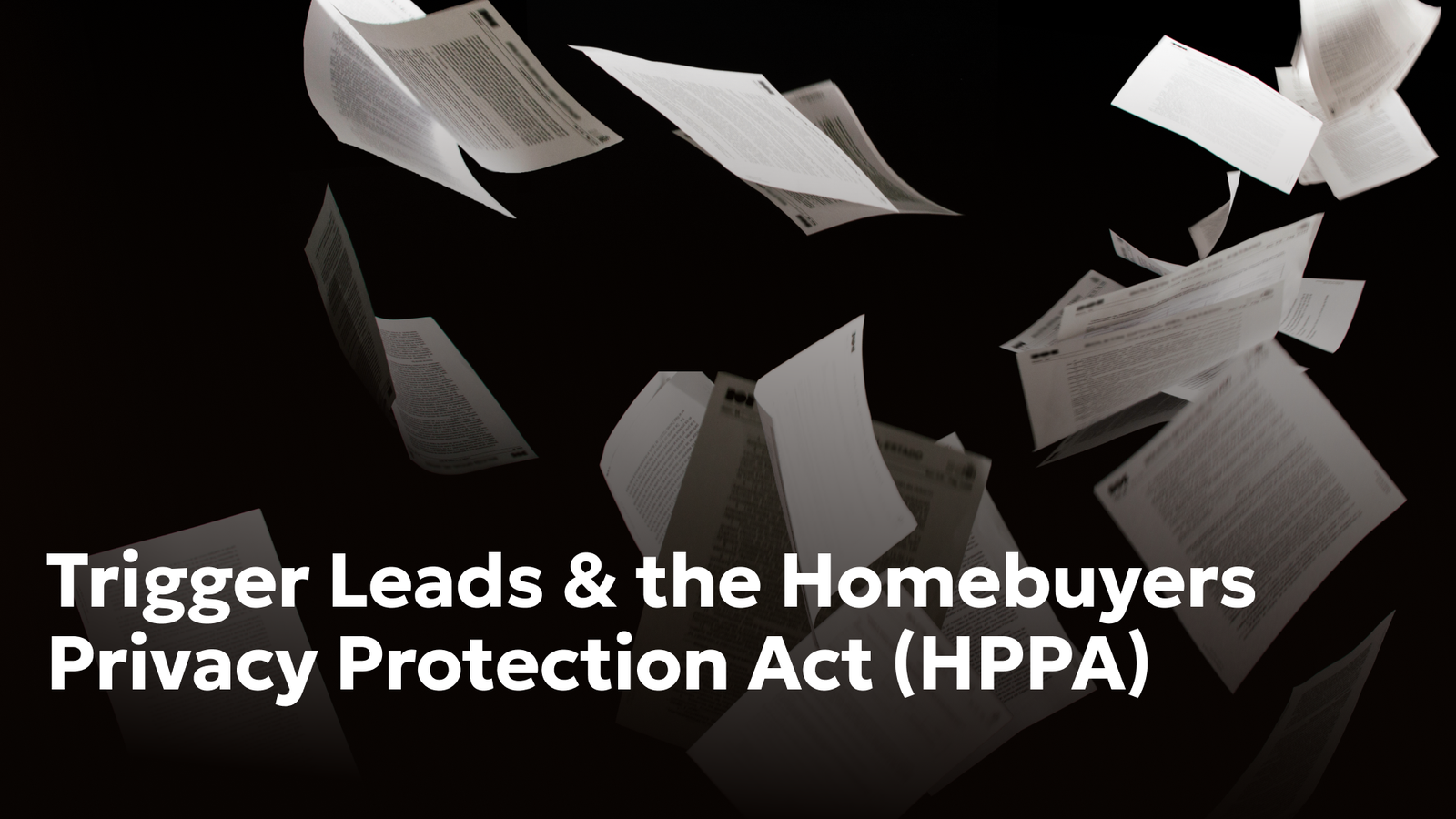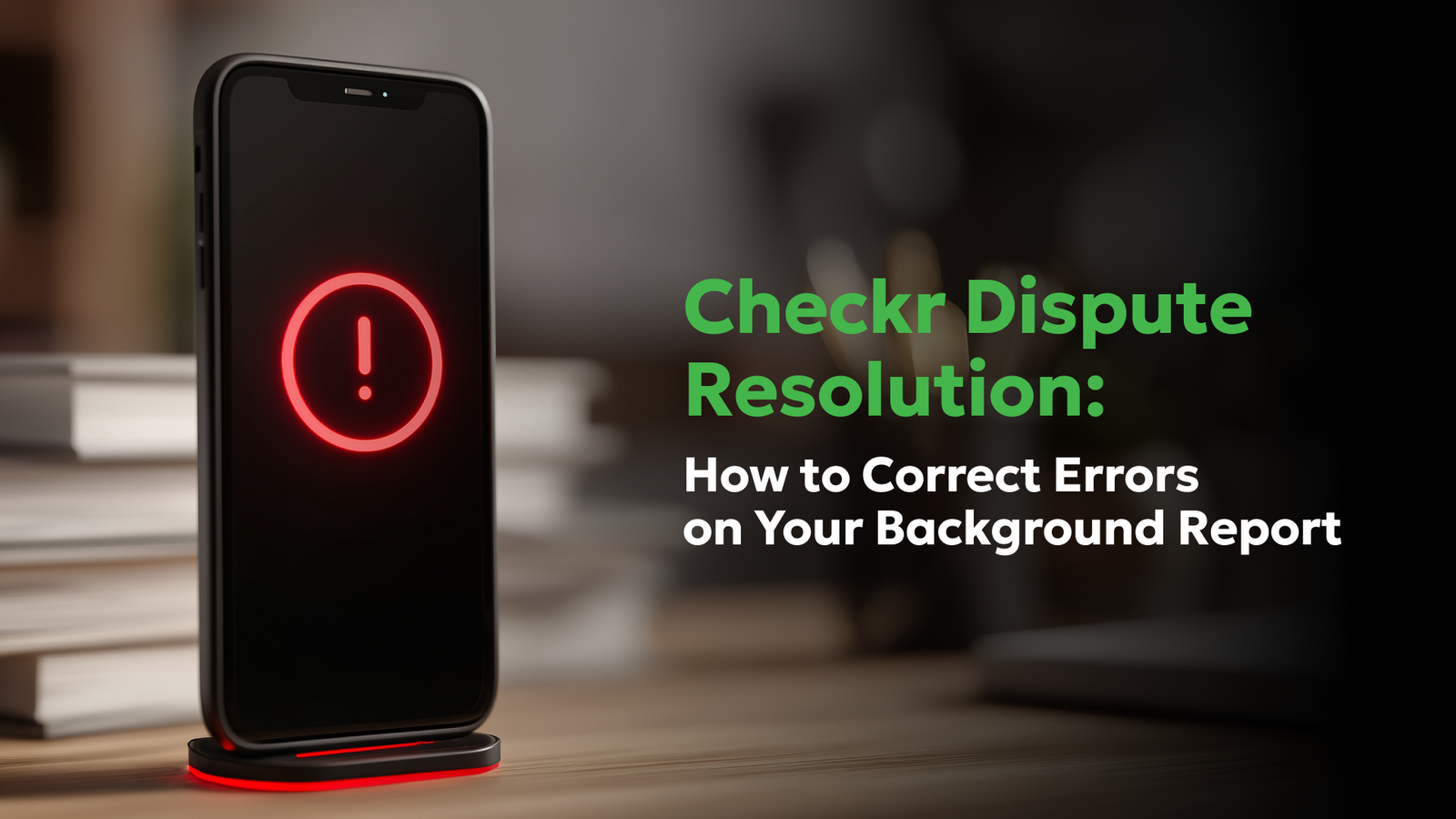Fair Credit Reporting Act: Summary of Your Rights
- Blog
- All about FCRA
Fair Credit Reporting Act: Summary of Your Rights

The Fair Credit Reporting Act gives you rights against consumer reporting agencies when battling a flawed credit report.
When it comes to credit reports, it’s not just you versus a giant consumer reporting agency. Two critical things can help. The first is the Fair Credit Reporting Act which gives consumers a bevy of powerful rights. The second is Consumer Attorneys, the nation’s largest consumer reporting law firm, which can turn those rights into legal wins.
As attorneys for false credit reporting, the lawyers at Consumer Attorneys have become very familiar with the Fair Credit Reporting Act (FCRA). The FCRA is a federal law designed to ensure the accuracy, fairness, and privacy of information in the credit reports the consumer reporting agencies (CRAs) provide to lenders.
The first step in asserting your rights is knowing them. This article provides an overview of the FCRA, outlines the rights it gives consumers, explains the requirements it imposes on consumer reporting agencies, and discusses how an attorney can assist you if someone violates your rights.
The Fair Credit Reporting Act
Congress enacted the FCRA in 1970 to promote the accuracy, fairness, and privacy of consumer information, primarily when handled and sold by CRAs. The three big CRAs are Equifax, Experian, and TransUnion. They collect and sell consumer information to businesses for credit evaluation, insurance, employment, and other purposes.
The FCRA provides a framework for how CRAs must operate and outlines consumers' rights to ensure that information is handled responsibly. The FCRA strives to protect consumer rights by setting standards for collecting, disseminating, and using consumer information.
Rights The FCRA Gives Consumers
Under the FCRA, consumers have several essential rights designed to protect their privacy and ensure the accuracy of their credit information. Here are some fundamental rights under the FCRA:
- Right to Access Your Credit Report. The FCRA says consumers can request and obtain a free copy of their credit report every year. For the three big CRAs, that has since evolved to one free report every week. This helps consumers stay informed about their credit status and detect any inaccuracies or signs of identity theft early.
- Right to Dispute Inaccuracies. If you find incorrect or incomplete information on your credit report, you can dispute it with the CRA. The CRA must investigate and correct any errors within 30 days.
- Right to Know When Your Information is Used Against You. If your credit report is used to deny an application for credit, insurance, or employment, you have the right to be informed and provided with the contact information of the CRA that supplied the report.
- Right to Limit Access to Your Credit Report. Only entities with a legitimate need - like creditors, insurers, employers, and landlords - can access your credit report and only with your consent.
- Right to Privacy. The FCRA includes provisions to protect the privacy of your information. For example, you can opt out of prescreened offers of credit and insurance based on your credit report.
- Right to Seek Damages. If a CRA or other entity violates your rights under the FCRA, you can seek damages. This can include actual damages, statutory damages, and, in some cases, punitive damages and attorney’s fees.
Requirements It Imposes on Consumer Reporting Agencies
The FCRA imposes several requirements on consumer reporting agencies to protect consumer rights and ensure the accuracy and privacy of consumer information. These requirements include:
- Reasonable Procedures for Accuracy. CRAs must follow reasonable procedures to ensure the maximum possible accuracy of the information they include in consumer reports. This means they must take steps to verify the information they collect and correct any inaccuracies.
- Notification of Dispute Results. When a consumer disputes information on their credit report, the CRA must investigate and notify the consumer of the results within 30 days. If the dispute results in a change to the report, the CRA must provide the consumer with a free updated report.
- Limitations on Information Sharing. The FCRA restricts the sharing of consumer information to entities with a legitimate need. CRAs must obtain consumer consent before providing reports for employment purposes and must adhere to strict guidelines for other types of information sharing.
- Retention Limits. The FCRA limits how long certain negative information can stay on your credit report. For example, most negative information must be removed after seven years, and bankruptcies must be removed after ten years.
- Identity Theft Protections. CRAs must help consumers who are victims of identity theft by placing fraud alerts on their credit reports and blocking fraudulent information from appearing in their reports.
How an Attorney Can Help
The FCRA exists for a reason. If you believe your rights have been violated, the attorneys for consumer protection at Consumer Attorneys can help. We will evaluate your case, dispute inaccurate information, and take legal action if necessary. We will also negotiate settlements and advocate for your rights, holding CRAs accountable.
Understanding your FCRA rights helps protect you from inaccuracies and identity theft. If you encounter credit report issues, seek legal assistance to ensure your rights are upheld, and your credit report is accurate.
Frequently Asked Questions
The Fair Credit Reporting Act (FCRA) is a law that protects consumer rights and, as such, prohibits several practices. Consumer reporting agencies (CRAs) cannot include inaccurate, outdated, or unverifiable information in your credit report. Negative information older than seven years or bankruptcies older than ten years must be removed. CRAs must not disclose your credit information without a legitimate need or consent. Additionally, creditors and CRAs must conduct a reasonable investigation when you dispute information on your report. Misleading, deceptive practices or failing to correct errors promptly are also prohibited under the FCRA to ensure fairness and accuracy.
The Fair Credit Reporting Act (FCRA) allows consumers to dispute any and all inaccurate, incomplete, or unverifiable information on their credit reports. This includes incorrect personal information, erroneous account details, outdated negative information, or accounts resulting from identity theft. Consumers can also dispute any data that appears multiple times or any information they believe doesn't belong to them. The FCRA requires credit reporting agencies to investigate these disputes within 30 days and correct or delete any inaccurate or unverifiable information, ensuring that consumers’ credit reports are fair and accurate.
The first step in suing under the Fair Credit Reporting Act (FCRA) is to consult with an experienced consumer protection attorney. An attorney will assess your case, help gather evidence, and ensure you meet all deadlines and follow all legal procedures. They can file the lawsuit on your behalf, significantly increasing your chances of success and potentially securing higher compensation. Attorneys can negotiate settlements, advocate for your rights, and hold credit reporting agencies accountable for violations. The lawyers at Consumer Attorneys make the process smoother and more effective to maximize the likelihood of a favorable outcome so you get the justice and compensation you deserve.


Daniel Cohen is the Founder of Consumer Attorneys. Daniel manages the firm’s branding, marketing, client intake and business development efforts. Since 2017, he is a member of the National Association of Consumer Advocates and the National Consumer Law Center. Mr. Cohen is a nationally-recognized practitioner of consumer protection law. He has a we... Read more
Related Articles




R
ONGS™You pay nothing. The law makes them pay.







